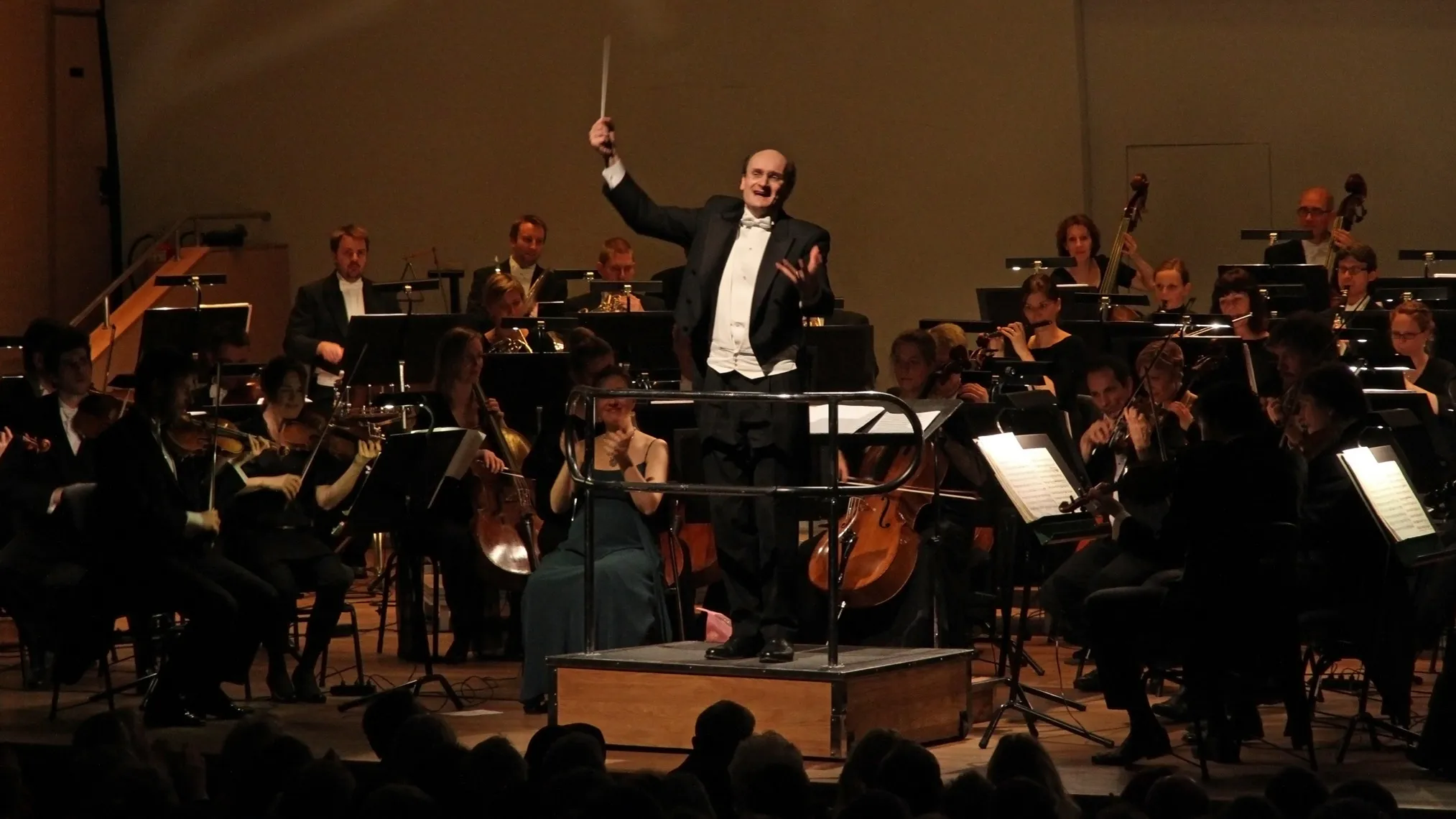
The sudden disruption brought to our world by COVID-19 has put science and research at the center of the public attention. Scientists have been asked why the pandemic developed, how it may be countered and possibly defeated, and how its spread could be prevented. Almost all branches of science have been involved: from health to social sciences, from economics to technological sciences. Computer science (CS) was no exception. Its role—from tracing apps to modeling and simulation of virus spread—has been crucial. How did we manage this transition to the spotlight? What lessons can we learn? Hereafter, I will mainly focus on a key question: How effectively do we, as researchers, communicate with society? How should we equip ourselves to do it right? Why should we do it?
Scientific Dissemination
Researchers know how to communicate with peers. They learn how to do it since they enter a Ph.D. program, and continue to learn and improve throughout their career. Research is an intrinsically open process that relies on communication among peers. The main ambition of scientists is to achieve novel results and disseminate them to the world, contributing to the advance of human knowledge and welfare. Dissemination is mostly achieved through publications: research results have no value until they become public and can be challenged by further research and used to advance science or to exploit it. The term "publication" comes from Latin "publicare," meaning "make public." The pre-publication peer review process acts as a scientific filter. Publication exposes results to continuous validation through test of time.
Publication and engagement in debates with peers are key aspects of researchers' life. Career progress depends on how successful they are in producing and disseminating results within their community. However, scientists do not live in a closed world of peers. Their achievements can lead to various forms of public engagement. This is especially true for CS research, whose artifacts may lead to practical use and societal innovations. Researchers often cooperate with industry in joint programs or spin-off new industrial initiatives exploiting their results.
In my recent book, Being a Researcher—An Informatics Perspective,1 I discuss research dissemination. I also discuss the importance of a generally more neglected and more sporadic form of public engagement through which scientists lead, or participate in, scientific debates with a broader audience, outside the circle of peers: with government, policy- and decision makers, and the general public. This participation exploded in COVID-19 time.
Public engagement became crucial since the scientific revolution in the 17th century, which proved that science is the main propeller of continuous changes and societal progress.2 This caused continuous interaction between science and politics. In some cases, the political power even exerted control over scientific results. Today, politicians and governments often interact with scientists to ground their decisions on sound and factual data. Engagement in debates with the general public also became quite common, although still sporadic. At the end of World War II, several physicists initiated passionate discussions on the relation between research and war and became actively involved in pro-peace initiatives. Today scientists are often interviewed by media to comment on shocking examples of technological success or failures. In fewer cases, public engagement is a systematic effort to bring science to the broader public.
There are some good examples of more systematic efforts. The Jefferson Science Fellows programa in the U.S. has been launched to engage the American academic community with government. Scientists can spend a year in the U.S. Department of State or U.S. Agency for International Development advising on science and technology in relation with foreign policy and international development. The AAAS—American Association for the Advancement of Science—has launched the STPF Fellowship to support scientists who serve for one year engaging in public affairs in various branches of the U.S. federal government.b
There are also outstanding examples of top scientists who actively engaged in communicating science with the general public. The famous physicist (and Nobel prize recipient) Richard Feynman did documentaries and interviews on BBCc and wrote a book,2 which provide an entertaining, yet rigorous, introduction to the essentials of physics. Computer scientist David Harel delivered widely acclaimed programs on Israeli radio and television; he published two broadly accessible yet informative books4,5 on the fundamental notions and limitations of computability and algorithms. Another outstanding example is Michael Kearns's and Aaron Roth's recent book, The Ethical Algorithm,6 which discusses the relation between algorithms and ethics—a crucial question in our society, where an unprecedented availability of data enables algorithms to automate human decisions and actions. Efforts of this kind are commendable, because understanding science makes citizens aware of its transformational role of society and empowers them to make more informed decisions.
Apart from some notable examples, the practice of public engagement is largely neglected, underrated, and even dismissed. Researchers do not learn how to debate science with the general public as part of their education. The existing reward system does not recognize it; promotion cases largely ignore it. Consequently, it is not surprising that when scientists do it, they mostly improvise, and the results are often poor and ineffective. Conversely, the ability to speak science to society is crucial, especially when research results have direct impact on society and human life, as in the time of COVID-19. It is especially and increasingly true for CS, due to its pervasive role in our society, through automation and autonomous decision making. Scientists cannot just focus on the development of technology but need to engage in discussions about its use and the ensuing potential disruptions.
Effective communication between researchers and the general public also demands a mature and competent audience. This raises additional serious concerns, since regrettably the level of scientific education has been decreasing in many countries. Most important, there is a lack of understanding of what science and the scientific method are all about, and hence the notion of validity of scientific results. Science does not produce absolute truths or perfect solutions; for most results, scientists can only say that all the evidence they have does not support the hypothesis that they are invalid. Likewise, most artifacts produced by technological research have limitations, they work under certain conditions, and may be further improved. Despite limitations and uncertainties, science is yet the best cognitive source we can rely upon at any given time. Regrettably, lack of scientific education generates a communication mismatch between researchers and the audience.
The convergence of two problems—poor dissemination of research by scientists and lack of basic scientific knowledge by the general audience—generates serious consequences. It is the main source of distrust of research and the cause of a phenomenon aptly called "death of expertise" by Tom Nichols.7
Science in the Time of COVID-19
Let us look back to what happened with the pandemic and what can be learned, to reflect on the role of science. More specifically, why and how we should communicate and interact with society at large and what should be done to make it possible.
COVID-19 brought science back on stage in the spotlight, emerging from the shaded "death of expertise" corner. Science and technology proved to be decisive weapons to fight against the virus. Scientific knowledge guided doctors and nurses to save human lives. The technology used to save patients is a product of research by doctors and engineers. The algorithms to model and predict virus spread and the monitoring apps that detect physical proximity with contagious individuals come from CS. Most important, the development of vaccines in a very short time frame has been a spectacular success of medical research.
COVID-19 has also been a showcase of the limits of science. At the beginning, scientists did not know the virus and could not provide adequate responses to defeat it. The initial lack of scientific knowledge has generated confusion in the general public and in the discussions with politicians and decision makers. Scientists played their part in generating further confusion. Inevitably, they were not prepared to provide a consolidated view of science on an unknown phenomenon that was threatening human lives worldwide. Ignorance of the virus led some to initially underestimate its destructive power, while others seemed to be overly pessimistic. Sometimes, the two factions publicly engaged in disputes and gained visibility through the media. People got disoriented, and this was exacerbated by the lack of understanding of what science and the scientific method are. Scientists should have always distinguished between what is known, within the current frontiers of knowledge, and what is uncertain or poorly understood and needs further investigation.
The scale and complexity of COVID-19 also taught us another lesson. Often, real-life problems cut across several scientific areas: all of them can contribute to devise potential solutions, none of them are self-sufficient. Often, solutions do not depend on purely technical goals, but require setting parameters that depend on societal values. For example, distancing and lockdown may counter human relations and economy, technological solutions to control the spread of infections may counter privacy. Unfortunately, sometimes scientists seemed to only focus on their narrow area and defend (and overestimate) their own specific research interests instead of recognizing the need for multi-disciplinary cooperation.
Some Lessons for the Future
Scientists should consider dissemination of research results to the general public and engagement in public debates as part of their duties. They should continue to be rewarded for their contributions to original, significant, and rigorous research, but they should also be rewarded for their efforts in contributing to the global understanding of the societal value of research.
This change, however, can only happen if the scientific community takes the lead and adopts some concrete actions. We should teach our students, in particular Ph.D. students, how to communicate science to the general public and engage with society. Successful achievements in public engagement should be counted in hiring and promotion cases. Academic organizations—like Informatics Europe and the CRA—might lead this process and provide recommendations for good practices that may be adopted by academic institutions. Professional and academic organizations—like ACM, IEEE, Informatics Europe, CRA—and institutions (for example, colleges or universities) might recognize outstanding examples through dedicated awards. Research funding programs should provide support for dissemination and outreach. More initiatives such as the aforementioned Jefferson Science or the STPF fellowships should be undertaken. These are only possible examples of important incremental steps, which may be rather naturally integrated in our existing processes and organization. Finally, we should continue to strive for better science education in schools at all levels, to form new generations of responsible citizens. Effective communication requires mature interlocutors at both sides.
We should learn from the pandemic to avoid falling back into the "death of expertise" pre-COVID-19 situation. We should mobilize energies to ask for better and broader science education for the young generations. We should learn how to speak science and broadly spread research results in an ethical way, avoiding both arrogance and over-simplification. We should avoid over-selling our contributions. With respect to politicians, we should not be silent when decisions are made against scientific evidence. At the same time, we should humbly accept decisions that do not optimize our own specific viewpoint, when other societally relevant issues must also be considered.



Join the Discussion (0)
Become a Member or Sign In to Post a Comment